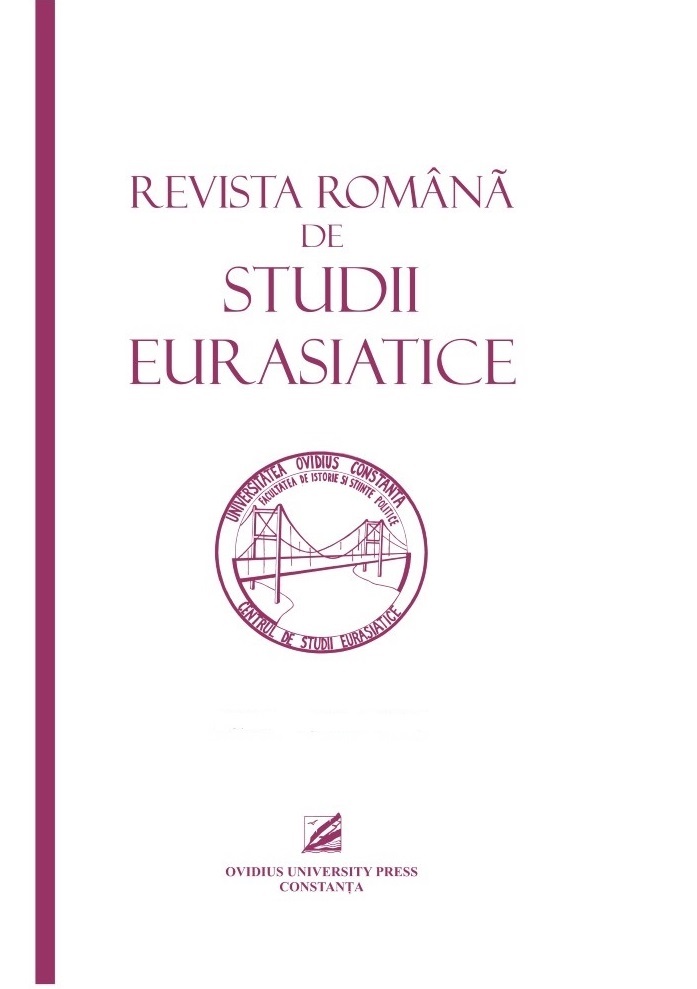FAMILY AND AFFECTION IN INDO-EUROPEAN CULTURE: ODYSSEY
FAMILY AND AFFECTION IN INDO-EUROPEAN CULTURE: ODYSSEY
Author(s): Corina Bistriceanu Pantelimon, Cristi PantelimonSubject(s): Cultural history, Social history, Ancient World, Family and social welfare
Published by: Ovidius University Press
Keywords: family; mythical kinship; paternity; authority; ethics;
Summary/Abstract: The family, still regarded as the main value in the life of Europeans, is defined today almost exclusively by legal regulations, economic arrangements and natural needs of its members. However, the original forms of the family, consisting of mythical kinship that put together the human and the divine plan. Odyssey is, in the words of George Murnu, a creation intended for the crowd, kneaded by the life needs, meant to respond, at the same time, to his spiritual needs and to its most tangible concerns. Beyond the political-military-historical narrative, the Odyssey depicts an episode of family history. The marital and the parental relationships are structured according to the criteria of loyalty and fidelity created by the fact that all members, parents and children, husbands and wives, slaves and masters, people and deities belong at the same cosmic unity. Authority is defined by age and sex and it never transcends the organic solidarity which brings people close to the dignity of gods and brings gods closer to understanding people. The intimacy and affection do not preclude the obligations associated to family ranks, but enhances them. The dominance does not mean power, but protection. The authority is a legitimate ascendancy of a leader initiated, at a higher level, in the intimacy with the gods.
Journal: Revista Română de Studii Eurasiatice
- Issue Year: 14/2018
- Issue No: 1-2
- Page Range: 7-18
- Page Count: 12
- Language: English

